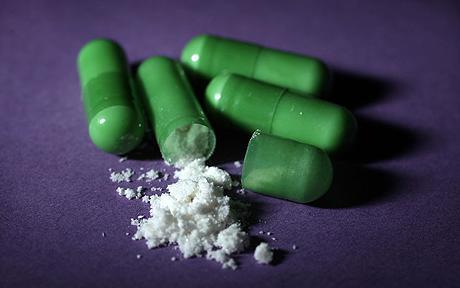 ‘My wife says these drugs turned me into a zombie, but the truth is I wouldn’t know, as I have hardly any memory of the past 40 odd years.’
‘My wife says these drugs turned me into a zombie, but the truth is I wouldn’t know, as I have hardly any memory of the past 40 odd years.’
The Mail printed Keith Andrew’s testimony, a 74-year-old retired electrician who has guzzled prescribed benzodiazepines for nearly half a century. Andrew is one an estimated 1.5 million British people who have been addicted to valium and other tranquilisers.
Whether addiction is voluntary or not is irrelevant. Anti-anxiety treatment remains a laxly regulated area of medicine: more than 8 million prescriptions are made each year and there are an estimated 100,000 illicit addicts currently using. In a fascinating piece in the Telegraph, Andrew M Brown outlines the side-effects of long-term ‘Benzos’. Anxiety is dispelled as the mind is nullified and the body wastes. Like the subsided human beings described in J.G. Ballard’s Cocaine Nights and Super Cannes, Andrew passed his days working as an unproductive automaton and his nights in blank insomnia. He was reduced to weighing only 7st10lbs. Amnesia, and therefore fear of the unknown, perpetuated his dependency. He is not averse to activity, just incapable, which has obvious negative social and economic consequences.
Ballard entertained the notion that transgression was the surest means to revival. The relationship between art, productivity and transgression is conceptually close – both obvious sexual and legal transgressions, but also transgressing from common personal experience and received sensibilities or norms – but it is hardly fertile ground for policy formulation.
There is much debate about proscribing ‘legal highs’, especially from Melanie Phillips. It is a part of a wider debate about classification. The debate, though important, misses a larger and more pressing point about ‘legal lows’. Millions have been rendered so vacuous it’s as if nothing supports their frames. Government should regulate against that.






Comments